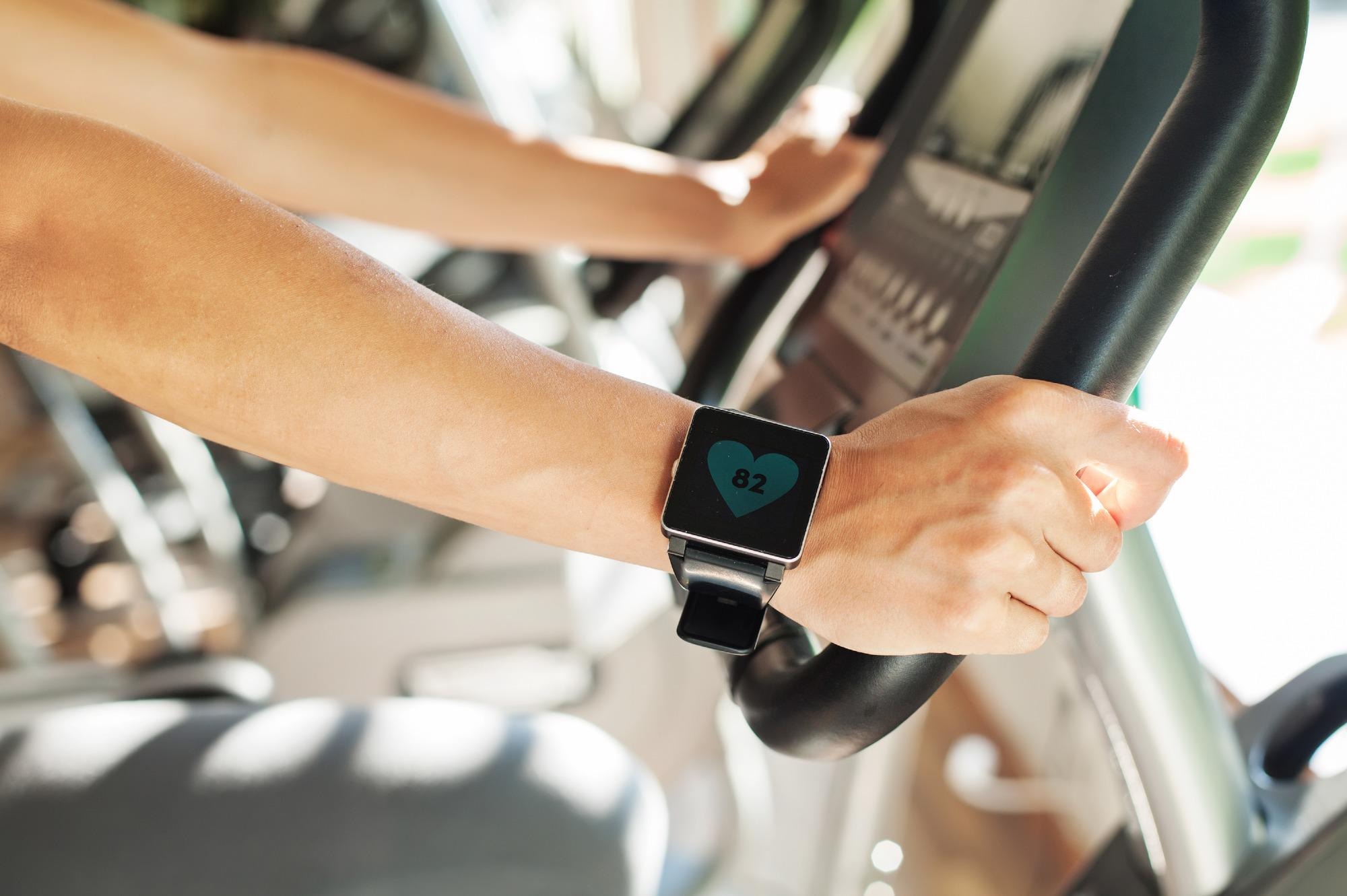
Image Credit: Mila Supinskaya Glashchenko/Shutterstock
Although both showed similar-looking spikes in resting heart rate and reductions in average step count, symptoms of COVID-19 lasted longer and peaked later. It is crucial to contrast and compare flu and COVID-19 to perform COVID-19 screening. This is because existing practices usually only check for more common symptoms such as fever.
The study was performed using Evidation’s app and network named Achievement—a connected cohort including more than four million individuals worldwide. The study findings were published in the Patterns journal on December 12th, 2020.
It’s surprising to see that many screening tests at building entrances are all temperature-based, since a lot of people don’t develop a fever right away and there are so many things that cause fever other than COVID-19.
Luca Foschini, Study Senior Author and Co-Founder, Evidation Health
“A huge spike in resting heart rate is a more sensitive indicator of COVID. And for people with activity trackers, you could ask them permission to share that information for screening purposes, just like taking a temperature reading,” added Foschini.
The results confirmed that some other symptoms are characteristic of COVID but not flu, such as coughing and shortness of breath. Moreover, they studied the effect of each illness on decreasing daily step count, identifying that the effects lasted quite longer for COVID than for flu.
“We used step count to measure change in mobility, because you don’t move as much when you’re sick,” stated Foschini, “Compared to their baseline, the number of steps didn’t go back to normal for people with COVID, even after three or four weeks.”
This finding, together with the reports of long-term fatigue, also indicated the occurrence of chronic COVID cases, which had not yet been examined closely at the start of the pandemic when this data was collected.
What was most interesting and surprising to us was looking at the progression of symptoms over time, particularly fatigue. We didn’t know about long-haulers back then, but now we know that Long COVID exists and that the hallmark is persistent fatigue.
Luca Foschini, Study Senior Author and Co-Founder, Evidation Health
Although data offered by wearables like Fitbit can tell a lot about such respiratory illnesses, the team emphasizes that it should be used as a general screening method, and not a comprehensive diagnostic tool.
There’s potential to use wearable sensors and smartphones as high frequency/low-sensitive tests to shorten the time of detection and awareness of a possible ongoing infection. It’s not a magic bullet, but if you can isolate yourself one or two days earlier than current standard testing procedures allow, that’s the most important thing because infectivity is highest around when symptoms first appear in symptomatic cases.
Luca Foschini, Study Senior Author and Co-Founder, Evidation Health
However, the researchers warn that it is vital for flu and other Influenza-like illness to be regarded as a viable source of false positives to develop these solutions.
“Whoever designs these systems of detection needs to be wary of other conditions and focus not just on distinguishing COVID from healthy, but distinguishing COVID from anything else going on in the world, including flu. Only 1 in 5 American have a wearable, and that 20% is not equally distributed. We must focus research toward solutions that can benefit everyone equally,” concluded Foschini.
This study was financially supported by Evidation Health.
Journal Reference:
Shapiro, A., et al. (2020) Characterizing COVID-19 and Influenza Illnesses in the Real World via Person-Generated Health Data. Patterns. doi.org/10.1016/j.patter.2020.100188.